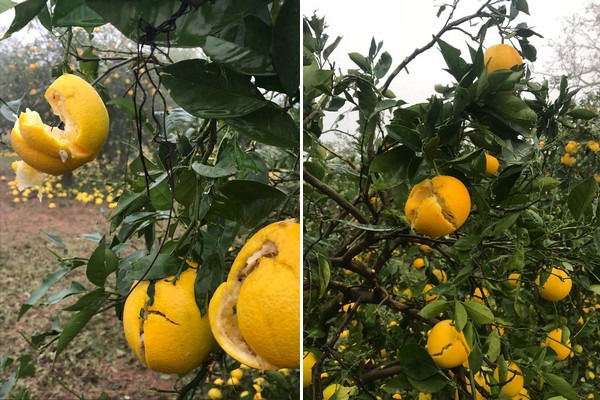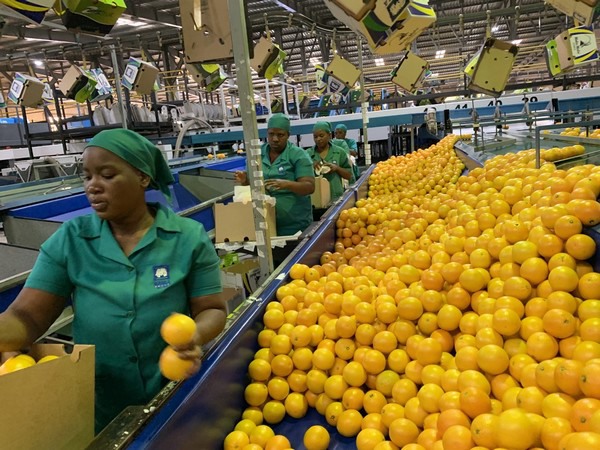The risks faced by businesses across all sectors are more complex and integrated than ever. It’s not just about the risk of property, assets, casualty or liability that most are familiar with, but risks that touch every facet of a business and its environment. For businesses, risk has evolved beyond the traditional loss or theft of property, equipment and other assets, to devastating weather catastrophes, pandemic, cyber hacks, riots, personal liability, fraud, organised crime and class-action lawsuits.
South African industries operate in a time of unprecedented volatility across economics, demographics and geopolitics and these days insurance has become an essential part of the fresh produce sector.
“There are many different classes of insurance, growers and exporters can take up,” explains Ebbe Rabie, Managing Director: Head of Speciality at Price Forbes South Africa, an international risk and insurance advisor.

“Insurance can cover the whole supply chain from ‘farm to fork’. The main types of cover are firstly: Crop insurance this protects the crop against weather risks, like hail and wind, fire and in transit to the packhouse. Secondly: Asset insurance which cover packhouses, cold stores, plant and machinery. Thirdly: Marine transit insurance for protection while transporting to the port and finally exported further afield.”
In addition to the above, export companies insure their debtors due to non-payment etc, commonly referred to as Trade Credit insurance. Finally, product liability and product recall is an important component of any insurance program.
“Most companies are obliged to take insurance cover if they have finance or production loans, I’d say around 80-90% of growers will have insurance. South Africa has two main climates, in the Western Cape it is a Mediterranean climate while in the north it is sub-tropical and more prone to hail than the Cape. Crops in both areas are susceptible to weather extremes.”
The risks don’t stop at the farm gate though and South Africans are well acquainted with delays at the ports which can be weather related or due to bottlenecks when a lot for product arrives at the same time, strikes and even riots can occur. While weather related incidents are insurable bottlenecks are not, although deterioration of goods can be insured.

2020 was an exceptional year for agriculture, the global pandemic hit at one of South Africa’s busiest export periods and against all odds managed to achieve goods returns. Pandemic related claims are currently being entertained by insurers which is going to have a long-term effect on rates in the future.
“Some policies had the wording which included cover for extended damage due to a notifiable disease. Courts have recently ruled that insurance companies must pay out on this clause and that lock down is considered to be included in the cover provided. This is good news for those clients that had the cover, but in the long term it will mean a hike in policy rates as insurance companies recoup their costs which will run into billions of dollars.”
Ebbe said that this clause has now been removed by insurers globally from all policies, as it was never imagined that a pandemic of this scale could ever occur.
The net result for insurers will be manageable and they will recover and according to Ebbe as a broker it is his job to negotiate the best deals for his customers.
“During lockdown, Agriculture was classified an essential service in South Africa and the contribution made to the economy was invaluable during the last year, feeding the country and driving the economy.”
For more information:
 Ebbe Rabie
Ebbe Rabie
Price Forbes (Pty) Ltd
Tel: + 27 (0) 10 003 7372
Email: [email protected]
